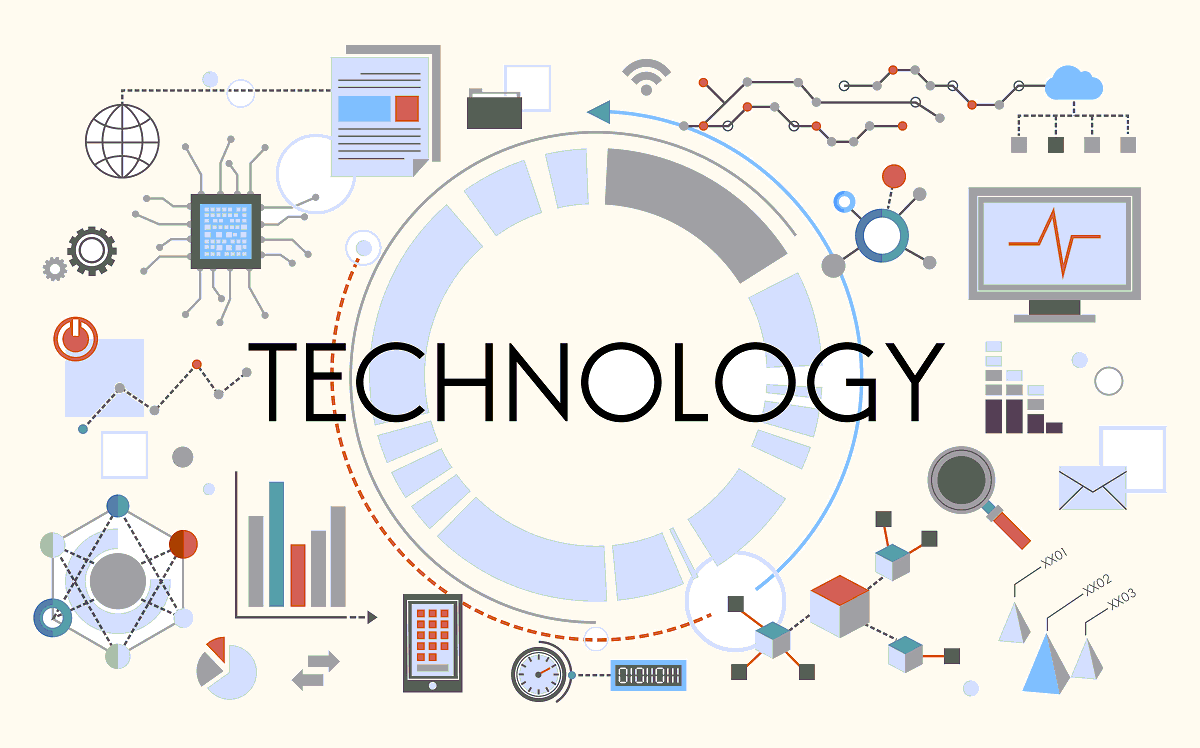
Technological Detachment: How Technology is Changing our Social Fabric
The advent of technology has brought about numerous changes in our lives, including the way we interact with one another. While technology has made it easier for us to connect with people across the globe, it has also led to a sense of disconnection and isolation in our personal lives. In this article, we will explore the ways in which technology has impacted human relationships and social interactions, and discuss ways to mitigate the negative effects of technological detachment.
How Technology has Changed Social Interactions and Relationships
Technology has revolutionized the way we communicate with one another. With the rise of social media and messaging apps, we can connect with people from all over the world instantly. However, this has also led to a decline in face-to-face interactions and meaningful connections. According to a study by the Pew Research Center, 24% of Americans reported not having a single confidant in their lives, up from 10% in 1985. This suggests that technology may be contributing to a sense of social disconnection.
The Impact of Social Media on Human Connections
Social media has become an integral part of our lives, with over 3 billion people using it worldwide. While social media platforms offer numerous benefits, such as facilitating communication and promoting social causes, they can also have a negative impact on our mental health and relationships. According to a study by the American Psychological Association, young adults who spend more than two hours a day on social media are more likely to report feelings of loneliness and social isolation. The constant need for validation through likes and comments can also lead to a sense of self-doubt and anxiety.
The Role of Technology in Shaping Modern Communication
Technology has also played a significant role in shaping modern communication. With the rise of messaging apps and video conferencing tools, we can communicate with people from anywhere in the world at any time. This has made it easier for us to maintain long-distance relationships and stay connected with family and friends. However, it has also led to a decline in face-to-face interactions, which are essential for building strong and meaningful connections.
The Psychological Effects of Technology Use on Individuals
Technology use has been linked to numerous psychological effects, including anxiety, depression, and loneliness. A recent study by the University of Pennsylvania found that students who limited their social media use to 30 minutes a day reported significant reductions in feelings of anxiety, depression, and loneliness. This suggests that our technology use can have a significant impact on our mental health and well-being.
The Cultural and Societal Implications of Technological Detachment
Technological detachment can have significant cultural and societal implications. As more and more people turn to technology for social interaction, traditional forms of communication, such as face-to-face interactions and phone calls, may become less common. This could lead to a decline in social skills and the ability to form meaningful connections. It could also contribute to a sense of disconnection and isolation, which can have negative effects on our mental health and well-being.
Ways to Mitigate the Negative Effects of Technology on Social Interactions
There are several ways to mitigate the negative effects of technology on social interactions. Here are some tips:
- Set boundaries: Set boundaries on your technology use, such as limiting the amount of time you spend on social media each day.
- Prioritize face-to-face interactions: Make an effort to prioritize face-to-face interactions with family and friends.
- Unplug regularly: Take breaks from technology regularly, such as turning off your phone during meals or before bedtime.
- Join clubs or groups: Join clubs or groups that align with your interests and hobbies to meet like-minded people.
- Practice active listening: When communicating with others, practice active listening by giving your full attention and showing interest in what they have to say. This means avoiding distractions like checking your phone or multitasking, and instead, focusing on the conversation. Additionally, ask questions and provide feedback to show that you are engaged and interested in the conversation.
- Use technology mindfully: While it may not be possible to completely eliminate technology from our lives, we can use it more mindfully. This means being aware of how much time we spend on our devices and intentionally taking breaks to engage in offline activities. We can also make use of technology to enhance our relationships, such as scheduling regular video calls with loved ones who live far away.
- Seek professional help: If you feel that your relationship with technology has become problematic and is affecting your mental health and relationships, seek professional help. A mental health professional can provide guidance on how to manage technology use and develop healthy coping mechanisms.
Conclusion
Technology has revolutionized the way we communicate and interact with each other. While it has brought many benefits, it has also led to technological detachment and social disconnection. As we navigate the digital age, it is important to be aware of the impact of technology on our relationships and take steps to mitigate its negative effects. By prioritizing offline interactions, practicing active listening, using technology mindfully, and seeking professional help when needed, we can maintain meaningful connections and build stronger relationships in the digital age.
Technology Information Technology




